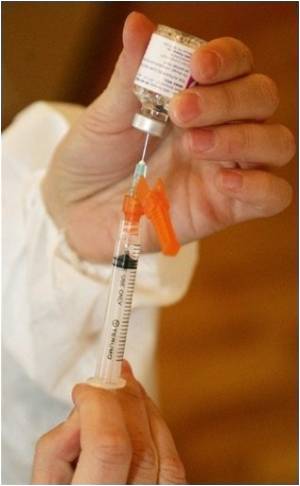In this month's edition of Global Heart (the journal of the World Heart Federation), the authors ask in the editorial: Why do humans develop atherosclerosis?

Reviewing the related studies in the issue, the editors comment: "Using x-ray computed tomography (CT), the investigators contributing to this issue of Global Heart have yet to find a culture that did not have pre-clinical atherosclerosis. Unfortunately, like Ponce de León, they did not find an atherosclerosis 'fountain of youth'."
The international, interdisciplinary Horus mummy research team explored the prevalence and potential causes of atherosclerosis, by CT scanning ancient people across the globe. Professor Narula and Dr Wann comment on the findings, "The melding of archaeology, anthropology, paleopathology, and medical science created the opportunity to develop new insights into atherosclerosis. Cross fertilisation of seemly unrelated disciplines and re-examination of common and uncommon diseases in the light of new data and capabilities from such disciplines harbours great potential for new discoveries not only in cardiology but across the field of medicine."
The editors conclude: "The work of the Horus and other research teams suggests that genetically humans are inherently susceptible to atherosclerosis. However, the environment in which humans live, the choices they make, to be active, to avoid smoking, and staying lean, all contribute to determining when in life atherosclerosis will strike." As Horus team member, Dr Michael I Miyamoto of Mission Heritage Medical Group suggests, "As humans we want to die with atherosclerosis, not because of atherosclerosis."
Source-Eurekalert










